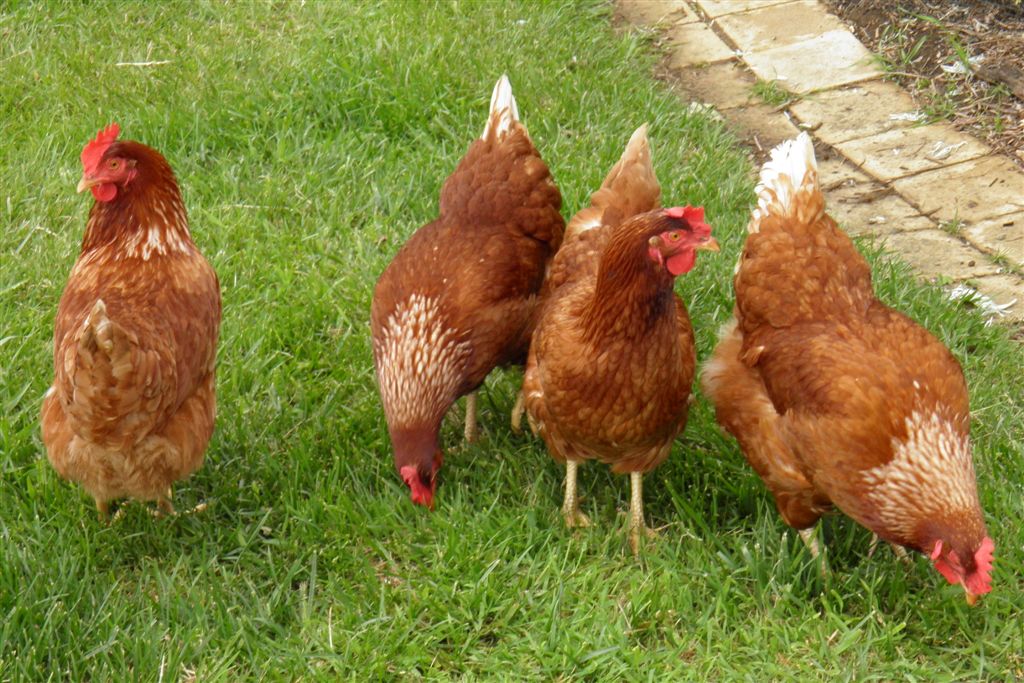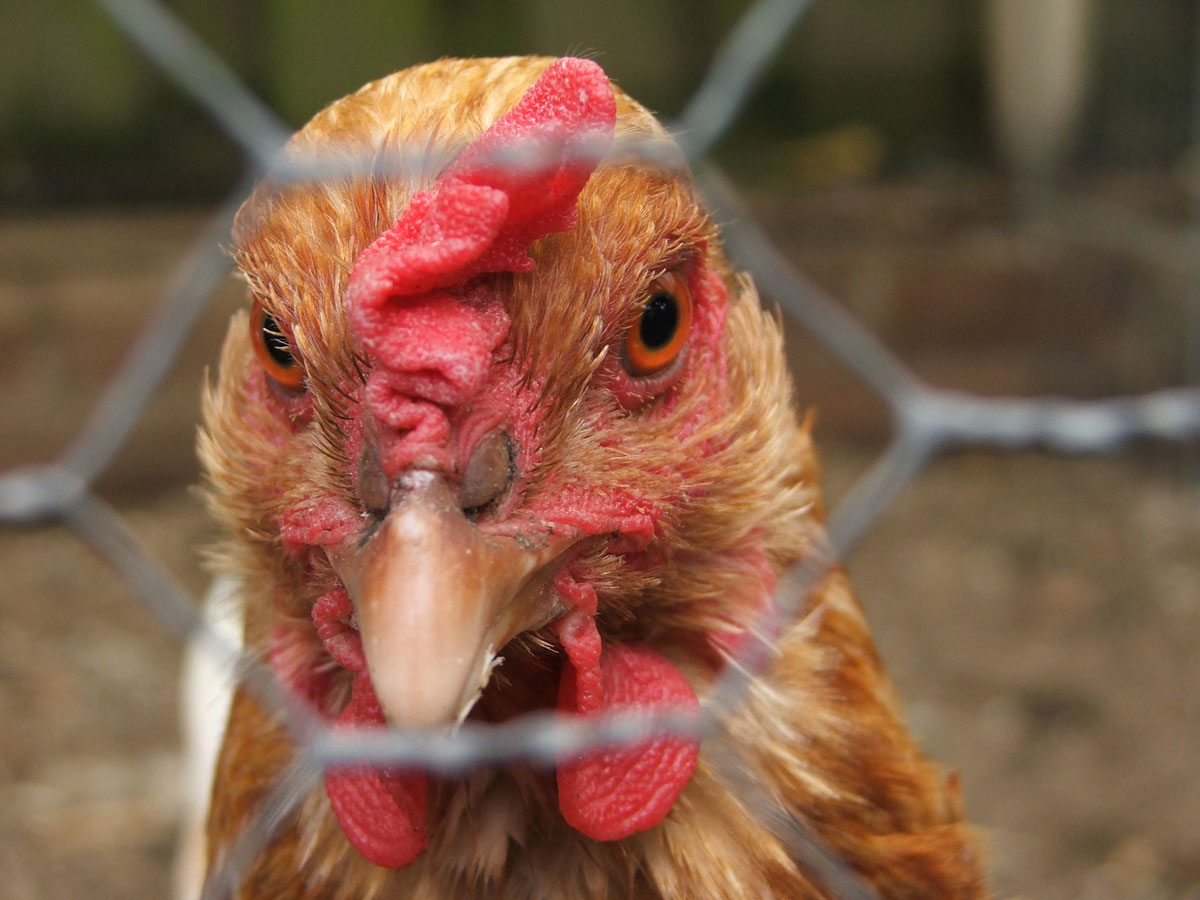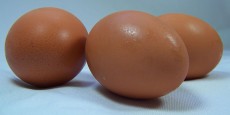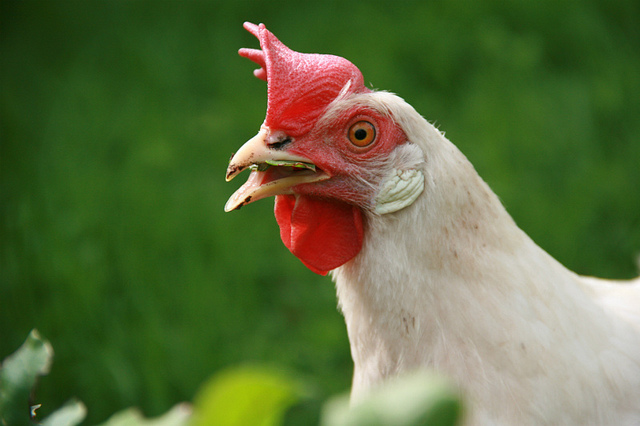
Whether you consider yourself an urban socialite, a rural townie, or somewhere in between, keeping chickens can offer a wide variety of benefits. As it turns out, chickens aren’t just fluffy and fun little creatures, they’re also very healthy for you. From the nutritional benefit of free range eggs, to the great garden benefits, it’s no wonder that backyard chickens are gaining popularity quickly. Our finely feathered friends are more than a passing fad, they’re quickly becoming an asset to holistic, sustainable living.
Free-Range vs. Factory Farm
“Free Range”, “Cage Free”, Naturally Raised” the bevy of different labels on supermarket eggs these days can be confusing when trying to find the healthiest eggs. When you raise hens in your back yard, you know exactly where your eggs came from, and help save you money at the grocery store. Studies have shown that true free-range eggs contain higher levels of beta carotene, Omega-3 fatty acids, and Vitamins E and A. They’re also lower in saturated fat and cholesterol than conventional, store-bought eggs.
Natural Pest Preventative
Chickens also make a great alternative to pesticides for your gardens. Chickens are known to help reduce or eliminate common garden pests (grasshoppers, termites, fleas, ticks, and ants). They also eat various beetle pests that can do a lot of damage to your garden. However, make sure to put some chicken wire around your vegetables as chickens can do a lot of damage to a newly planted garden with their foraging and dust baths.
Chickens are Fantastic Recyclers
Table scraps, weeds, garden clippings; all of these can be cleaned up and broken down into beneficial nutrients for your soil by chickens. While you can’t feed them everything from the house, you can give your chickens most table scraps to supplement their every day food. Which leads us to our next benefit…
An excellent source of fertilizer
Poultry manure is considered one of the best fertilizers for gardens due to their high level of essential nutrients needed for plant growth as well as chicken manure is a rich source of nitrogen, potassium, and phosphorus. Additionally, chickens fully digest common weed seeds, so when you feed them weeds pulled from the garden, you don’t have to worry about them coming back next year when you use their manure. Having this rich source of fertilizer right in your back yard is a huge boon for gardeners as well as promotes a greener method of gardening without having to use chemically altered fertilizer. One thing to remember though, make sure to mix the chicken manure into a compost or other fertilizer mix as the high concentration of nitrogen can burn your soil if you’re not careful.
The Zen of Chickens
Watching chickens has been known to lower stress levels. Studies have shown that tending chickens releases oxytocin, often known as the “love” chemical. It’s the same one that gets released when we see a loved one or pet a dog or cat. This chemical not only lowers stress, but can help reduce blood pressure and decrease feelings of lonliness, which in turn can contribute to further lowering stress levels. Caring for chickens gets us outside regularly, and watching their methodical scratching and foraging around the yard helps to slow us down and ground us in the present, which can be a difficult thing to achieve in our busy day-to-day lives.
Additonally, chickens are now being used as therapy animals for people of all ages to address a wide variety of issues including dementia, Alzhimer’s, depression, and even autism. Their calming effect helps with symptoms like anxiety, emotional distress, and social frustrations.
Organizations are beginning to bring chickens to nursing homes to use as a therapy animal for memory loss patients. Agitation is a major issue with those suffering from dementia and Alzheimer’s and holding a chicken has been shown to calm them down.
Getting Started with Backyard Chickens
If you’ve decided that chickens are for you, a great place to start is by looking up websites like Backyard Chickens. You may even have a friend who keeps a backyard flock, and you could ask them to show you the ropes.
Next, it’s important to check with your local city ordinances or neighborhood regulations to make sure that backyard chickens are allowed and to find out the limit. Most cities allow 3-6 chickens and no roosters, but make sure to find out what your city allows.
Backyard chickens can help lead you to a richer, healthier life, and you reap the benefits, a richer garden and delicious fresh eggs!










![lamb[1]](https://blog.ketchummfg.com/wp-content/uploads/lamb1-267x300.jpg)
